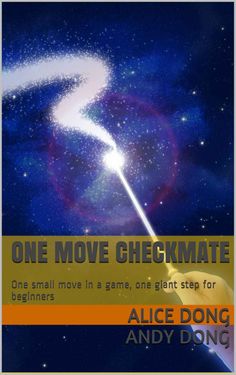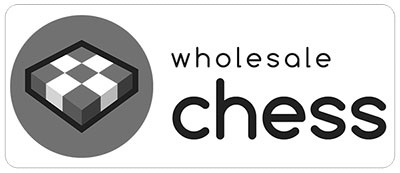What can go wrong with them or with their chess study?
One reason might be too many scholastic tournaments. They or their parents focus on beating other kids and getting trophies. They forget one thing: chess is the contest of ability, not age. Using age to group kids is in fact a totally wrong approach. Chess requires brain, not body. Age plays a very small role in how a kid's brain has been developing.
Several bad consequences can occur if your child has played too many scholastic tournaments:
- Because most scholastic tournaments have short time control, such as G30, so the results are more random than non-scholastic. Your child's win or loss may depend on who is more careless.
- Your child's opponents tend to be less serious, which may induce your child to be less serious, so s/he will gain little from the experience. If s/he gets used to that in-seriousness, s/he would gain several bad habits, such as "talking" during the games, moving too fast, or being impatient when his/her opponents are thinking.
- If your child's rating is too random, s/he may not get his/her rating above any significant threshold, such as 1000. So s/he won't gain the positive feedback from the breakthrough, which in fact is critical for his/her chess career.
- S/he won't fight when s/he gets into difficult situations
- S/he may get burned out because of too many games in a day
When my daughter grew up, we unfortunately didn't have too many tournaments in Ohio, let alone scholastic ones. She played her first scholastic tournament and got rated. Then she had to play 5 adult tournaments in 4 months to cross above 1000: one quick, two small groups, and two major tournaments.


 RSS Feed
RSS Feed